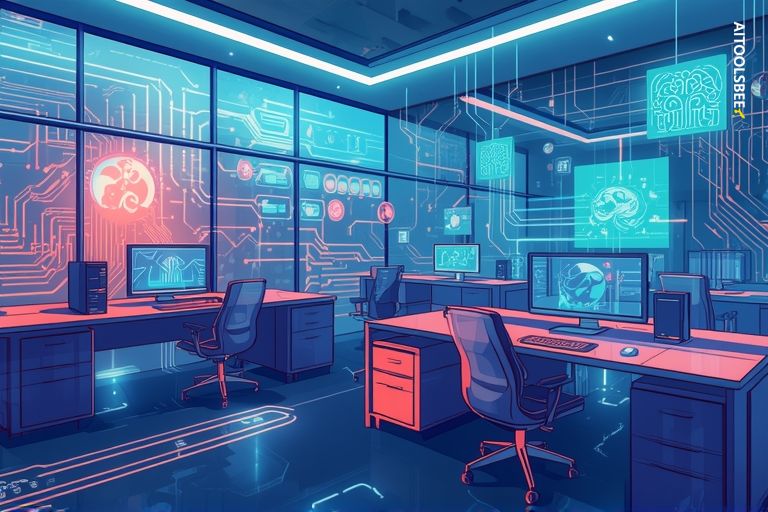
Preventing AI from Becoming a Job Killer
Concerns about AI causing mass unemployment are leading to corporate inertia, which needs to be addressed.
Former Google executive Mo Gawdat recently dismissed the idea that AI will create new jobs, sparking debate on technology's role in the future of work. The notion that AI will eliminate roles at all levels has gained attention, but it risks narrowing the conversation to inevitability rather than possibility and choice.
AI's path is not predetermined and will be shaped by leaders' decisions today. The key question is not whether AI will eliminate or create jobs, but how it can reshape work to empower people, unlock innovation, and strengthen culture.
AI is already creating new roles. Demand is rising for positions such as prompt engineers, AI ethicists, model auditors, and human-in-the-loop reviewers. AI lowers barriers to content creation, data analysis, and prototyping, allowing 'citizen analysts' and 'citizen designers' to contribute in new ways.
Framing AI as a job-killer breeds fear and resistance, preventing the use of new technology to improve inefficient workflows. A people-first AI approach begins with acknowledging change, preparing employees, and giving them a meaningful role in shaping AI's application.
Successful AI adoption depends on culture as much as technology. Organizations fostering curiosity, experimentation, and inclusivity see AI sparking new roles and driving innovation. In contrast, fear-driven cultures experience AI mainly as a tool for headcount reduction.
Leaders play a crucial role in preventing change fatigue. Presenting AI as an augmentation tool reassures employees that technology enhances rather than diminishes their roles. Phased AI rollout with small wins allows teams to experience benefits early.

